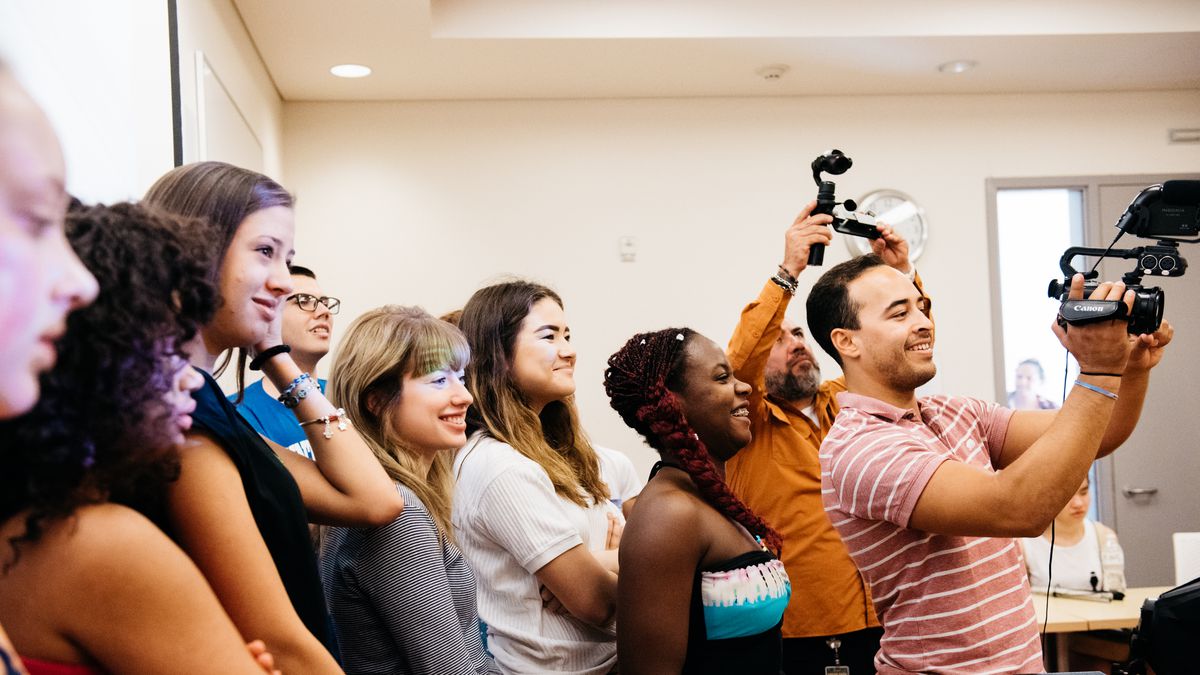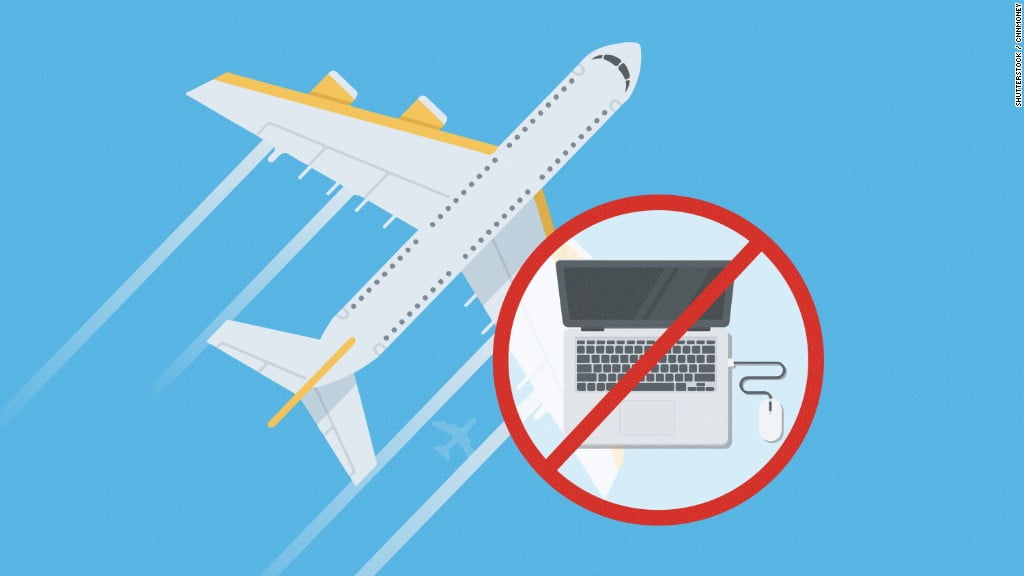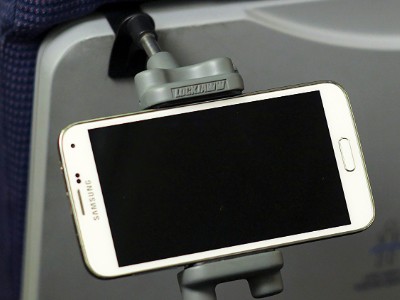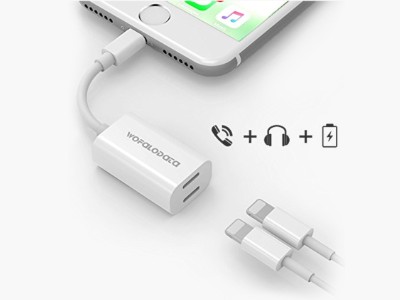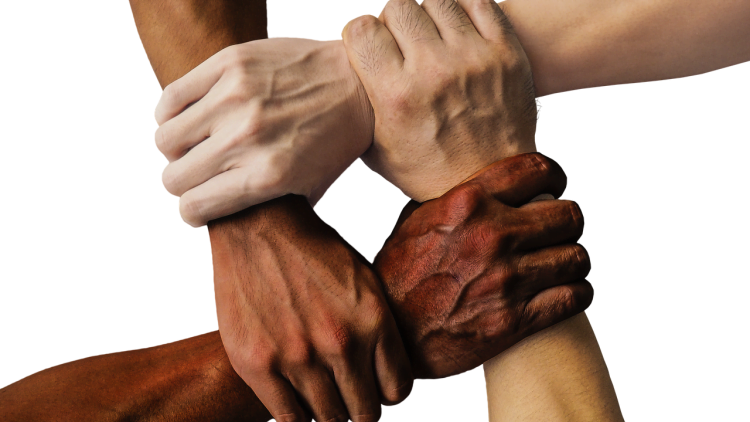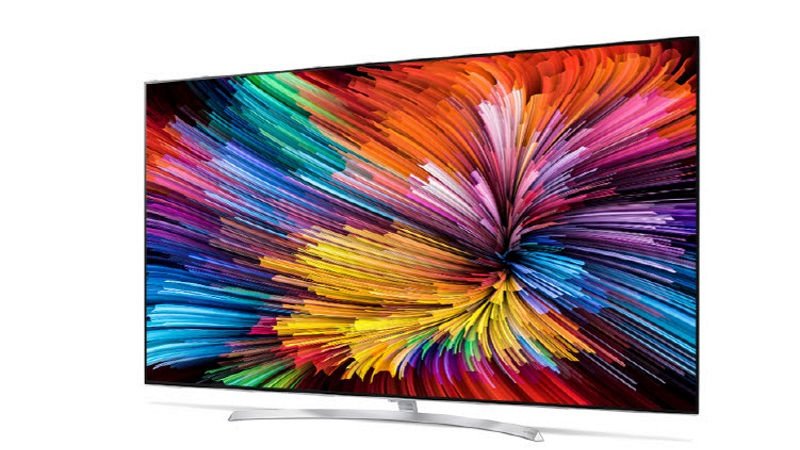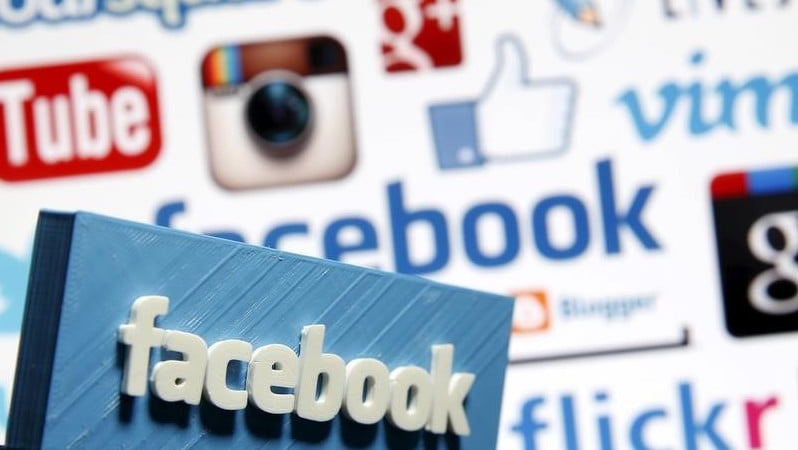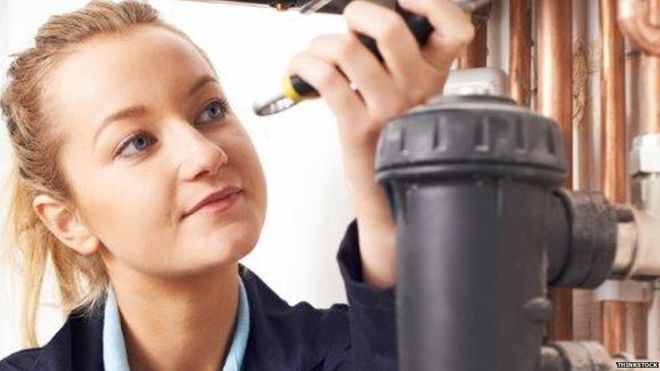/cdn.vox-cdn.com/uploads/chorus_image/image/55801819/cararobbins_youtubecamp_14.0.jpg) Jettzen Shea has a mop of pale blond hair and a voice that rings out like a little bell as he chimes in from the middle rows of Claremont McKenna College’s Pickford Auditorium. “I’m on Twitter,” he says. He’s just shy of age 10, and his claim to fame is a brief part on the TV show Chicago Fire. His seat looks as though it might swallow him up at any second. “When I go on a show or movie, my mom — well of course after the movie airs, otherwise you’re gonna get in trouble — she posts a picture of the cover of the movie or the show.”
Jettzen Shea has a mop of pale blond hair and a voice that rings out like a little bell as he chimes in from the middle rows of Claremont McKenna College’s Pickford Auditorium. “I’m on Twitter,” he says. He’s just shy of age 10, and his claim to fame is a brief part on the TV show Chicago Fire. His seat looks as though it might swallow him up at any second. “When I go on a show or movie, my mom — well of course after the movie airs, otherwise you’re gonna get in trouble — she posts a picture of the cover of the movie or the show.”
Next to him, another boy pipes up. “I use [social media] for every time I’m on my way to an audition. I start posting stuff on social media and Twitter, and then right after I make a YouTube video.”
These two young social prodigies aren’t alone. Around the room, kids are volunteering their favorites kinds of social media. YouTube and Snapchat are big, but Instagram is bigger. One girl proclaims that she is “sooo over Facebook” and a few others agree. On the auditorium stage, Michael Buckley is diligently taking mental notes. He paces and nods. He quips in response to each child’s answers and offers fatherly advice: don’t get tattoos of the YouTube play button like he did. Make good choices on Snapchat. And, as the conversation takes a more earnest tone, he sagely tells the group that you get back what you put in.
“It doesn’t matter if you make a million dollars or have a billion followers,” Buckley says. “That’s great, but [there are] life skills you’re gonna learn, and you learn so much. This is your first business, as a YouTuber. This is your brand. You’re an entrepreneur by nature.”
The chattering pauses and the phones are put away. He has their attention.
This is the inaugural year for SocialStar Creator Camp, an offshoot of an actor camp that takes place every summer near LA. It’s three days of intensive influencer workshops focusing on monetization, branding, and the basics of shooting and editing video, all aimed at kids in their early teens to mid-20s. At first, the idea sounds like the recipe for a reality TV show. You’d expect to see kids clinging to their phones like a lifeline, or parading around filming everything. The reality was a group of surprisingly business-minded teens with an eye on their futures.
In its first outing, the group — over a dozen, with kids from the main actor camp occasionally popping in — skew on the younger side. At one point, when asked about how old the entire group was in 2005, the answers that come back the loudest are “four” or “five,” but a few older kids are present, too. The campers have come from across the US and abroad: Virginia, Mississippi, Colorado, but also Puerto Rico and Sweden.
The camp promotes itself as a sleepaway experience for “rising social media creators.” In bold red letters, its website shouts, “You can be the next big social media star!” It leans heavily into the allure of viral fame and fortune with the gusto of an internet ad promising you the ability to make money from home.
/cdn.vox-cdn.com/uploads/chorus_asset/file/8878841/cararobbins_youtubecamp_1.jpg)
Nichelle Rodriguez, who worked with the young actors in years prior, says that motivation for the new camp came from the kids themselves. “Interest kept circling back to social media,” she tells The Verge. Kids who came to learn about acting wanted to understand how to use social media to their advantage, while kids gunning for pure social fame wanted to improve their camera skills. Throughout the camp, Rodriguez and a few others refer to a Daily Mail article claiming that 75 percent of kids want to be YouTubers. And while venues like YouTube and Twitch have created ways for aspiring stars to circumvent gatekeepers like agents and auditions, social fame presents challenges of its own. “I knew that there had to be a program that really focused on that creator, helping one grow and build on the skill set,” Rodriguez says.
After a year and a half of discussions with parents, kids, and established creators, the program Rodriguez developed was largely technical: classes on monetization or editing videos. She turned to Michael Buckley, an experienced YouTube personality who helped shape the syllabus, to host.
Buckley seems more than up to the task. With a stylish fade haircut and boundless energy and enthusiasm, he’s exactly the kind of mascot a social media camp needs. Onstage, Buckley speaks at microphone volume, with or without the device in hand. He’s quick with jokes and up-to-date on pop culture, but instructs with a moral compass that feels akin to a hip high school teacher. As one of the first-day sessions ends, he conversationally brings up the latest news about Rob Kardashian and Blac Chyna — a family drama that’s been playing out on social media the last few days. Kardashian escalated the fight into morally despicable and legally fraught territory by posting nude photos of Blac Chyna on social media. As one teen claps in support of Kardashian, Buckley strikes a strict pose with his hands on his hips. “Why are you clapping?” he asks the boy sternly. The applause abruptly ends.
At 42, Buckley is what passes for an elder statesman in the world of social stardom. He’s an experienced vlogger, host, comedian, and author who got his start over a decade ago, before being a YouTuber was considered a “legitimate” field. “[If] you told somebody that you were making online videos, they assumed you were doing pornography or something very shady,” Buckley tells The Verge.
When interviewed by news outlets like CNN or Fox about being an online video creator, the tone was still tinged with judgement. “They seemed annoyed that that was such a thing. I remember Inside Edition came to my house in 2008 to do a piece on me, and the journalist was so annoyed that I was making hundreds of thousands of dollars a year. He was like, ‘Do you have a degree in journalism?’ I was like, ‘No.’ He was like, ‘How are you qualified to be broadcasting?’” Today, YouTube and other platforms have become far more common avenues to fame. “There are kids and adults making seven figures off of this and living their best lives,” Buckley says.
But being an online creator isn’t just a young person’s game. There is no age limit to cultivating an audience, as long as you have the ambition and dedication. As YouTube ages, so, too, do the pioneers who started on the platform. While some, like Michelle Phan, have been able to build an entire empire off their YouTube following, others, like Grace Helbig, have been able to pivot to acting roles. Buckley himself plays a much more life coach-style role these days.
/cdn.vox-cdn.com/uploads/chorus_asset/file/8878905/cararobbins_youtubecamp_2.jpg)
Because the camp is an offshoot of the actors program, many of these wannabe social stars are using this knowledge as a way to further their desired acting careers. They’re young, but they have a business-like focus on their futures. “I’m hoping this will get me more information on how I can grow my pages so people can see my content,” says one boy, a 15-year-old from Mississippi who’s recently taken to singing on his Instagram and YouTube channel.
“I’ve seen how well people can do using social media,” says another, a 14-year-old girl from Oregon. “I wanted to discover it more.”
Not all of the campers are new to fame. One, a 12-year-old girl known online as Angelic, is a talented singer with more than 880,000 subscribers on YouTube. Angelic skyrocketed to fame after her cover of Ariana Grande’s “Problem.” The video was posted when she was only nine. Today, it’s racked up more than 32 million views. A few of the campers, as well as Buckley, recognized her. “You’re very famous, aren’t you?” Buckley asks her at the camp’s start.
“Yeah, I guess,” she says with a smile.
Regardless of their followings, many of the kids here are interested in learning how to do the same thing: vlogging. Vlogs can cover everything from life hacks, storytelling, and trips to the store. What the vlogger wants to cover is up to them. And because they tend to be of a more casual nature, kids can use the cameras on their phones.
SocialStar Creator Camp emphasizes often that being a professional vlogger, a YouTuber, an influencer, is a fun pursuit, but the sessions themselves are largely devoted to the more serious side of it all. In one session, Buckley and the campers discuss branding: what handles they go by online, and how to improve their names. A kid who uses a double underscore in his handle is playfully called “Underscore” for the rest of the camp, which serves as both an affectionate nickname and a reminder to avoid cluttering up your name with symbols. A session on monetization teaches kids the basics of promoting brands as influencers, and the importance of supporting brands they like and use; each kid should consider themselves a tiny tastemaker for their audience. It wraps with the campers splitting off into groups and doing their best to create a video, tweet, and so on with brands they’ve made up. And a great deal of time is given to what goals the kids have, and where they want to end up.
Buckley talks about how vlogging is more than just a job. He believes it can be a force for good, and learning to be an influencer can build character. “It’s like going to soccer camp,” he says. “You might not play in the World Cup, but you’re still learning the skills … [kids are] spending all their time looking at their phone anyway. They might as well be productive about it and get some skills out of it.” Learning how to market themselves, sticking to a schedule, being held accountable for their work — those, Buckley says, are great practices to get into. “Anything that [kids are] passionate about, to throw themselves into it, there is value in it. You might not go to the Olympics, you might not go to the NHL, you might not get 10 million subscribers, but there is value in competing and playing this game of social media.”
/cdn.vox-cdn.com/uploads/chorus_asset/file/8878855/cararobbins_youtubecamp_3.jpg)
He considers being a YouTuber to be almost like working in public service: people share their stories about being LGBT, or how they grapple with mental health, and it helps others tackle and talk about their own issues. “This is saving lives,” Buckley says. “This is helping people be comfortable with themselves and identify their sexual orientation or identity easily and effortlessly and with no shame.
“When I was growing up, people didn’t talk about depression or anxiety, and now all these YouTubers talk about their struggles and it makes it ok to talk to your parents about it. It makes it okay to say, ‘I’d like to talk to the counselor.’”
Of course, these videos have to entertain. Buckley encourages kids to think about how to make their titles engaging, click-worthy. He asks the room for some examples they’ve used before. When one girl offers up hers — “The day I almost died” — he bounces up and down with glee, repeating the title. “I’m cheering for your almost death,” he jokes.
On Michael Buckley’s last YouTube video from his channel BuckHollywood, posted May 15th, the comments are overwhelmingly positive. But scattered throughout are vicious personal attacks. “His voice is so fucking annoying,” says one. “No one cares about you anymore,” says another. Some use homophobic slurs.
Online abuse is an inevitable part of existing online, and the danger is higher the more prominent you become. Giving teenagers the tools and understanding to deal with these threats, both emotionally and practically, may be one of the biggest challenges the camp has to face.
Buckley broaches this topic with a light touch. “Are you worried about online haters at all?” he asks. “Let ‘em hate,” one boy replies gamely. Buckley persists. Should people engage, or block? How would they handle it?
“I would just leave it,” says a boy in his mid-teens. Buckley presses. “If somebody wrote, ‘This kid is the biggest loser. He should kill himself’ — do you believe that?” The responses are less confident. One camper asks if it’s possible to just report harassing commenters.
“Yeah,” Buckley says. “I just want you to have a scenario in your head when you get these comments of what would you do?” He encourages the kids to delete the comment, block the perpetrator, and report the experience using whatever platform tools are available. “If somebody writes something constructive like, ‘I don’t really like this video,’ okay,” he says. “If somebody writes something derogatory and threatening, that’s when I’m nervous. Especially when there’s kids. Sometimes people start writing home addresses or ‘I’m gonna come to your house and do whatever.’ I just want to make sure you understand there’s a ban button. There’s a report button. And do not engage with those types of people.”
/cdn.vox-cdn.com/uploads/chorus_asset/file/8878871/cararobbins_youtubecamp_13.jpg)
Buckley’s presentation is a brief overview of practical anti-doxxing advice: don’t give home tours or include photos of a residence; check into locations after you’ve left them, rather than while you’re still there. Some of his advice is more psychological. “Whenever you read something, keep this in your head: don’t let the praise go to your head, don’t let the hate go to your heart. That is life advice. It is always about them. It is never about you. I really don’t want you to ever read something and think badly about yourself. I certainly don’t want that to discourage you from posting. The more successful you get, the more they will hate on you.”
These kids probably aren’t dealing with this kind of vitriol yet, but he’s seen it affect popular YouTubers before. “They go into this depression and they don’t post for a month,” he says. “I’m telling you to get ahead of the game right now.”
For good measure, the campers also get a lengthy talking to about online safety by an LAPD officer. In theory, the idea is a good one, but it gets to the heart of the difficulties of teaching kids the intricacies of the web, as well as the shortcomings of adults talking about social media. The LAPD officer’s presentation is a series of slides on DDOS attacks, laws, and VPNs, peppered with frequent self-deprecating commentary on his age. “I know a little bit about social media,” detective Andy Kleinick says as introduces himself. A gray, grizzled, stocky officer, he launches into a explanation of the laws surrounding unauthorized access online, as well as password protection. “You’re protected online by the law, but it’s a very difficult law to enforce,” Kleinick says. For anyone familiar with victims of harassment and the difficulties they face, it’s a heartbreaking understatement.
As Kleinick waxes on about social engineering, corporations having their email compromised, and the recent WannaCry ransom attack, heads are drooping left and right. “A lot of people think hacking is just some nerd in a room with hot pockets and Doritos and Mountain Dew, sitting there all night typing code,” he says. “Those aren’t the hackers. Hackers are nice when you talk to them, people you see every day, sometimes someone who works with you, goes to school with you.” A boy sitting near the front rubs his face.
He puts up 15 of the most popular social media sites. Facebook sits at the top. “Old grandpas like me still use it,” he says. “It’s still huge.” Other sites include Instagram, Reddit, LinkedIn, Meetup, and Vine.
A tiny child in the crowd raises his hand. “Did you know Vine got disabled?” he asks, stumbling over the last word. “Vine is dead!” yells another.
“I don’t think it’s going to survive,” Kleinick agrees.
“It’s been dead!” corrects a kid. Kleinick quickly moves on.
His talk becomes more intense as it progresses, touching on real-life tragedies like the bullying and subsequent suicide of Megan Meier to illustrate his point. But though Kleinick is speaking to a room full of hopeful social stars, he struggles to reach them with advice that feels helpful. A great deal of time is given to dissuading the group from taking nude photos, including having the kids repeat “the internet is forever.” (This advice is directed largely at the young women in the room, despite recent studies that found about half of women ages 18–29 are victims who receive “explicit images they did not ask for.”) His advice lacks serious steps kids can take to protect themselves in their public messaging. “You can do whatever you want. If you don’t hurt anybody, you can do whatever you want,” he says. “You could be huge, and you could make a ton of money.
“But just remember that when you’re lying on your deathbed, and you don’t think of your deathbed when you’re 15 years old, you’re never going to think ‘I wish I made a million more dollars.’ You’re never going to think that. You’re going to think, ‘God I wish I spent more time with my family. I wish I spent more time with my friends.’”
Asked afterward if he found the session helpful, one boy responds with an abrupt “no.”
By the end of three days, it’s hard to tell if any of these kids will climb the stairs to internet stardom, or how much they want to. They seem genuinely interested in making videos and promoting themselves, but some treat it as a means to an acting career, or more general fame. “You can give them the tools, but they still have to really want to do it,” Buckley tells The Verge. “That’s going to be interesting to see if after this, do they really go home and make the effort, and do they really go for it.”
And, despite what the camp promises, Buckley says his goal isn’t to make these kids go viral. He wants them to build a following, set some personal goals, and have fun. “I’m not here to make anybody a social media star. I’m just here to pass on my love of social media.”
/cdn.vox-cdn.com/uploads/chorus_asset/file/8878881/cararobbins_youtubecamp_12.jpg)
Kids becoming savvy about platforms like YouTube are often editorialized as a sort of apocalyptic sign of the times — an indicator of narcissism or vapidity or another trait pinned on younger generations since forever. Sometimes the stereotypes are justified. But these kids were smart, sweet, and hardworking; their focus was on how they can best define their paths to success. As “influencer” continues to make its way into everyday language, these kinds of lessons are taking their place among the vaguely character-building activities kids are encouraged to do, like arts and crafts, or team-building exercises.
Buckley calls the camp a test — a marker of what’s to come, rather than a novelty. As long as kids continue to be interested in social media, one camp counselor says, it’s a valuable idea. “They’re actors, they’re performers,” she says. “It’s not just, ‘Oh you know I’m going to make this little YouTube video.’ It’s a career, and they work really hard. People don’t realize that, and this is bringing this out into the community.”
Another counselor sees the camp as teaching general life skills that will be important for overall success. “A lot of kids nowadays want to have a good public image on social media, and it’s really important to know the ways of presenting yourself and in general the laws and how it all works,” he says. Truly, the times are changing. Where in previous years, kids had to keep their phones stowed away, they now need them to participate and learn.
Buckley suspects that the rise of social media camps have barely just begun. Picture walking into a room at events like VidCon or Playlist and asking attendees: who wants to go to a social media camp? “Thousands of kids would raise their hands,” he says. “I’m shocked there’s not one in every state. This could be very, very huge.”
Photography by Cara Robbins for The Verge
[“Source-theverge”]

